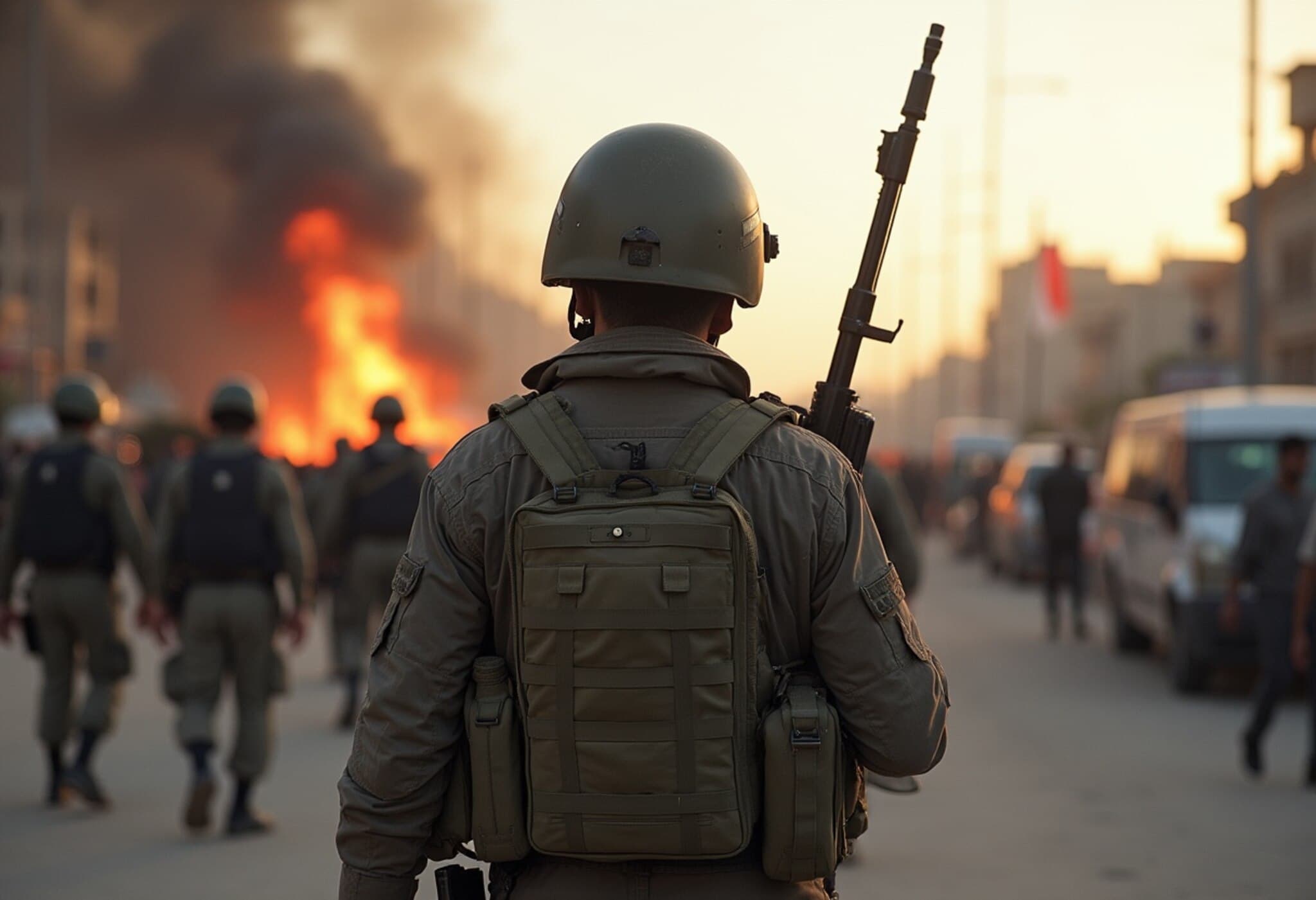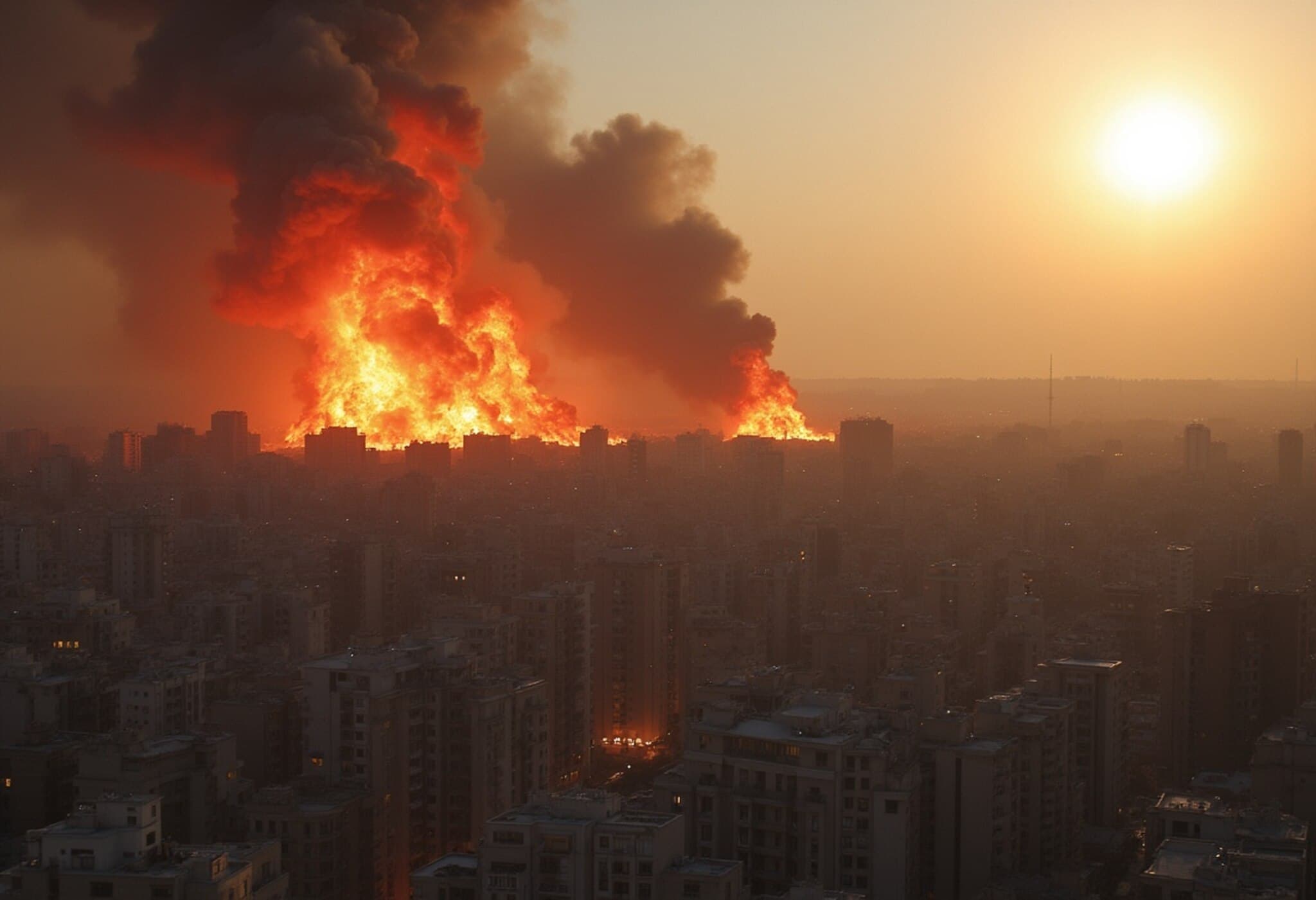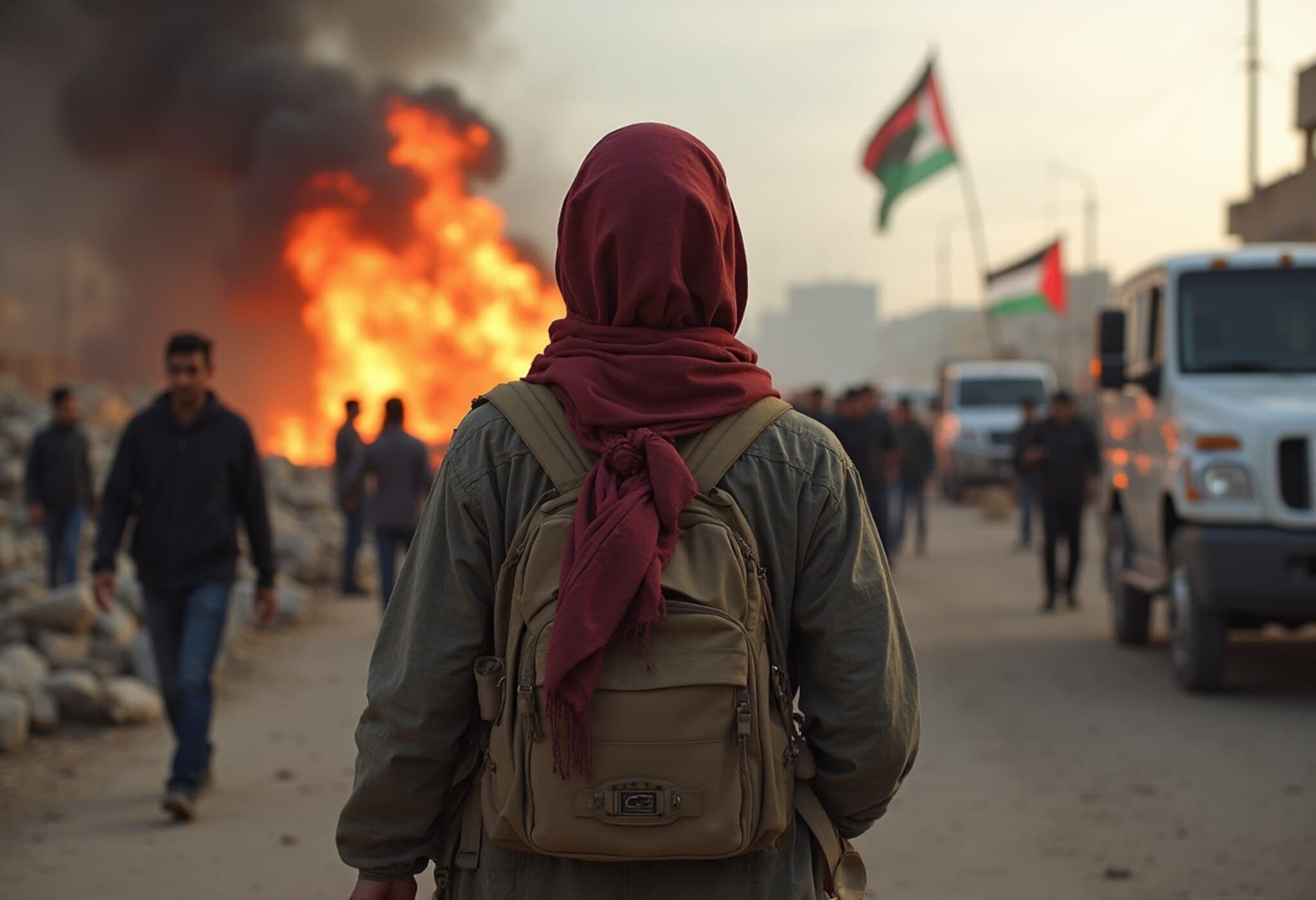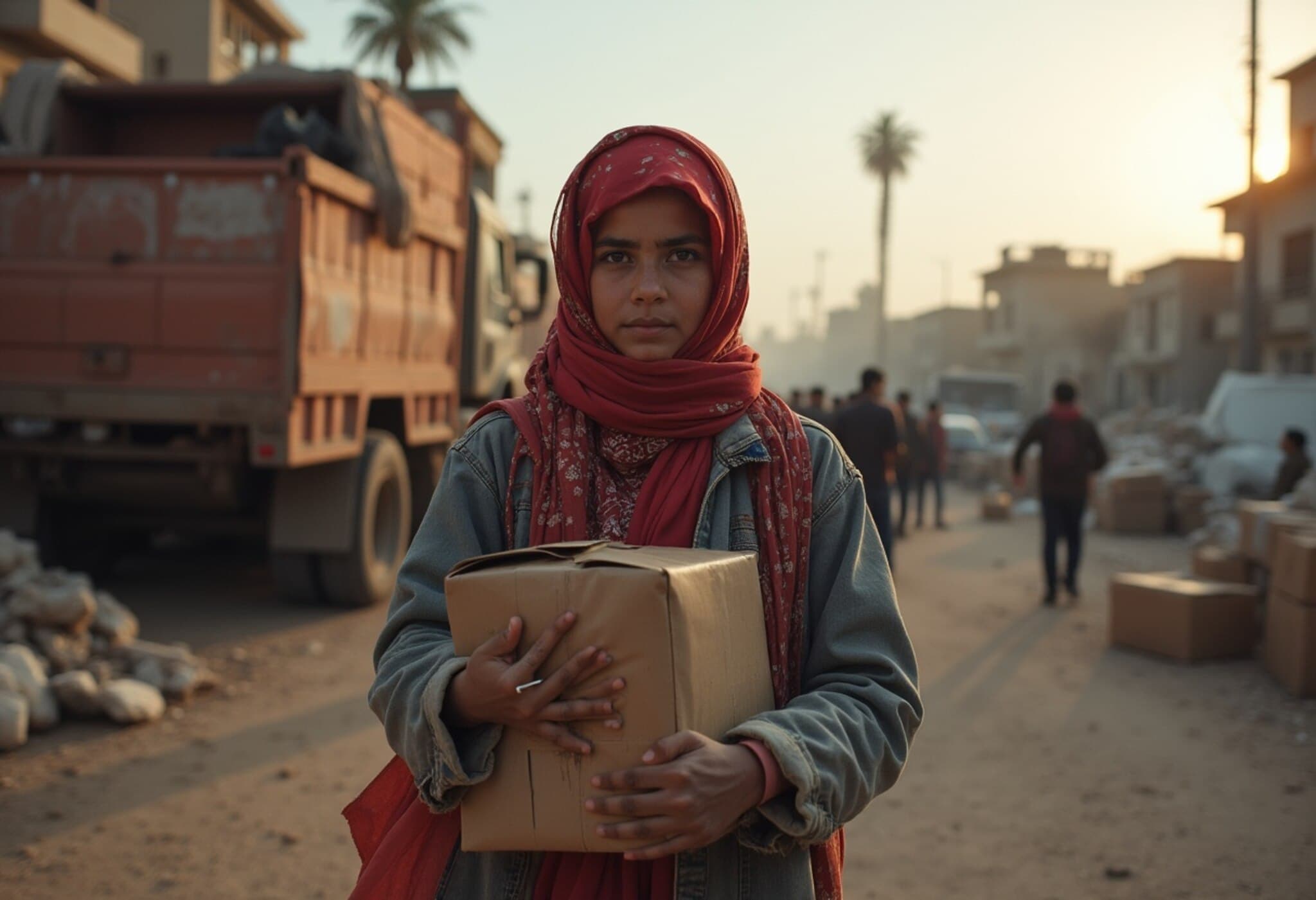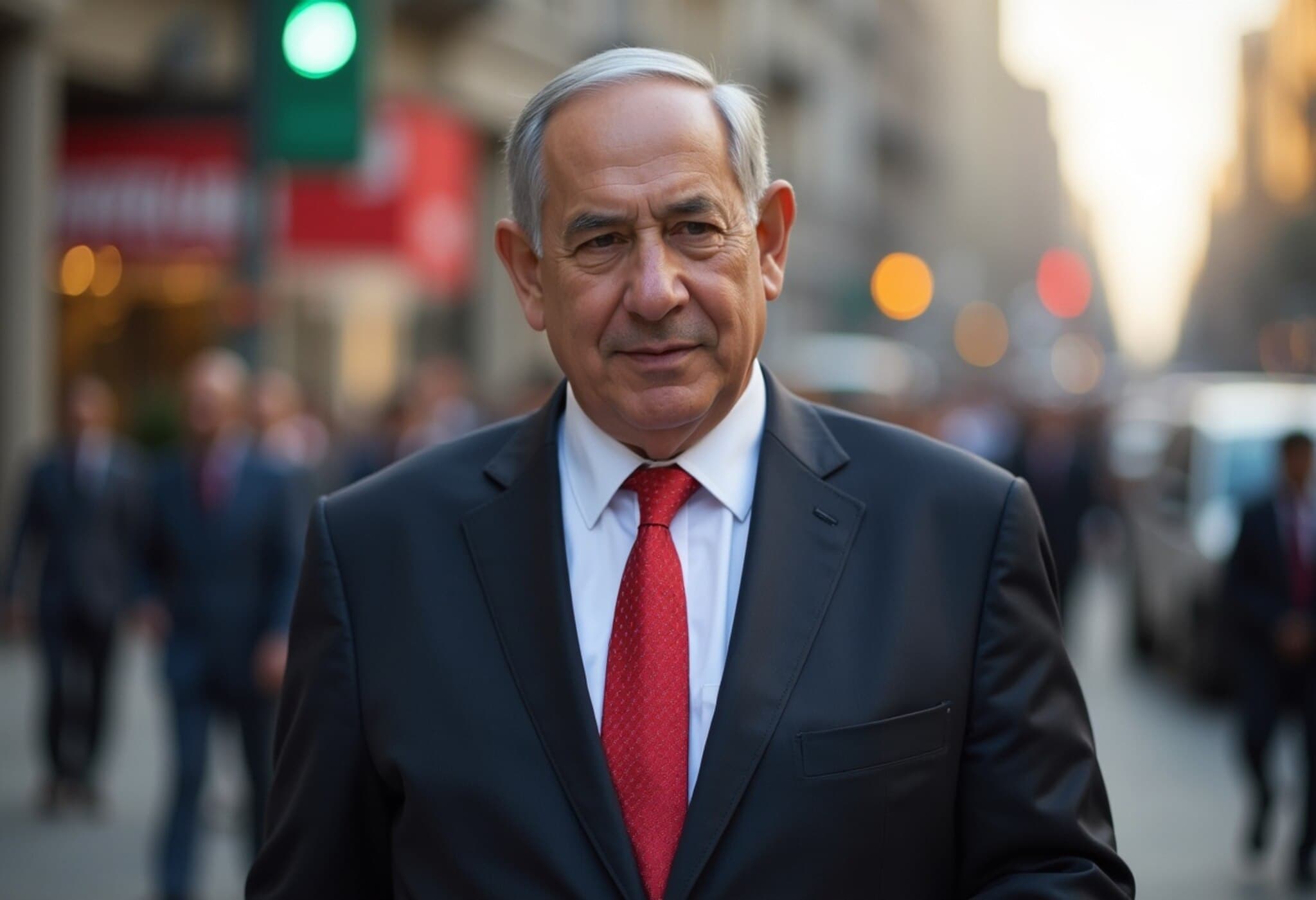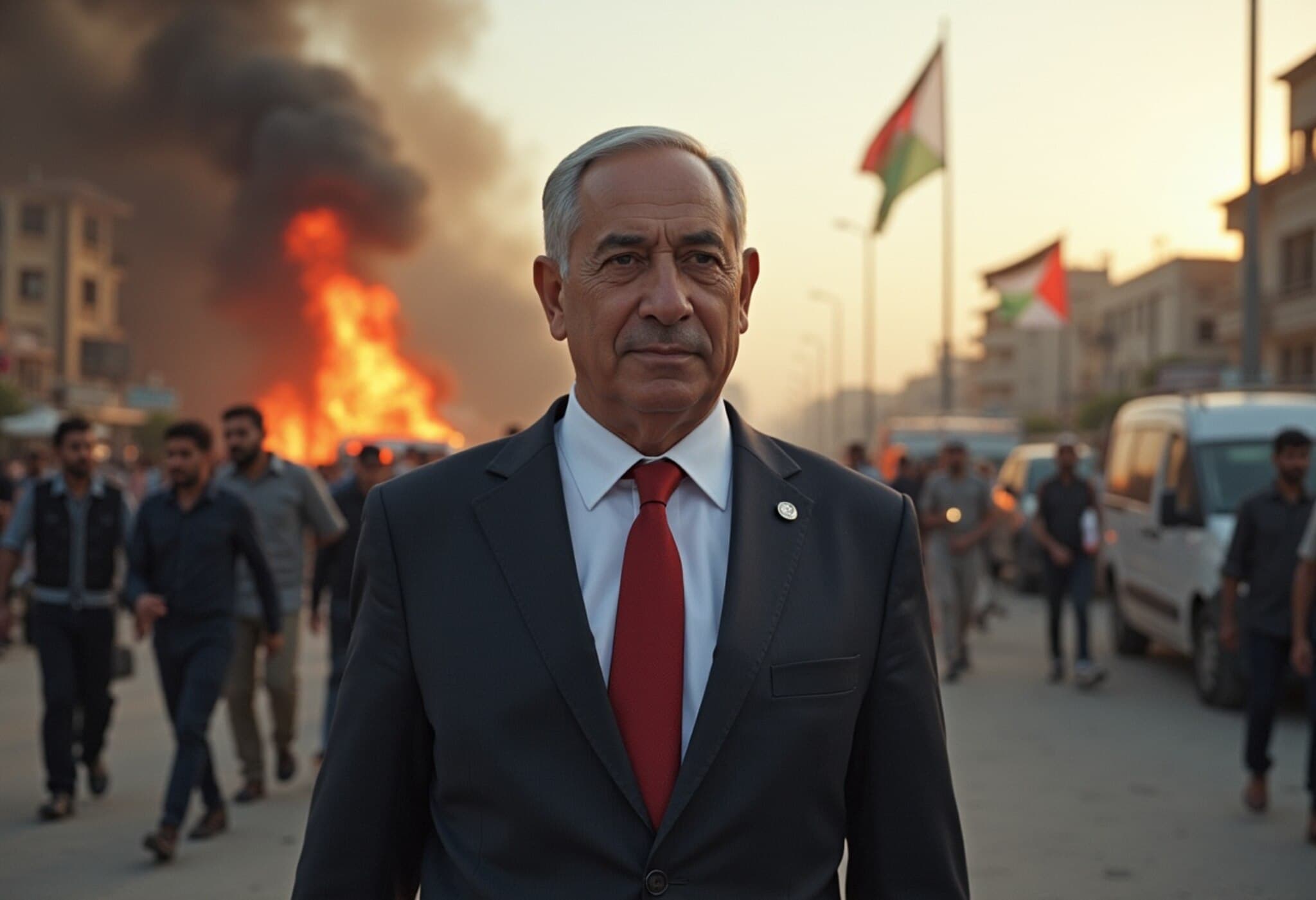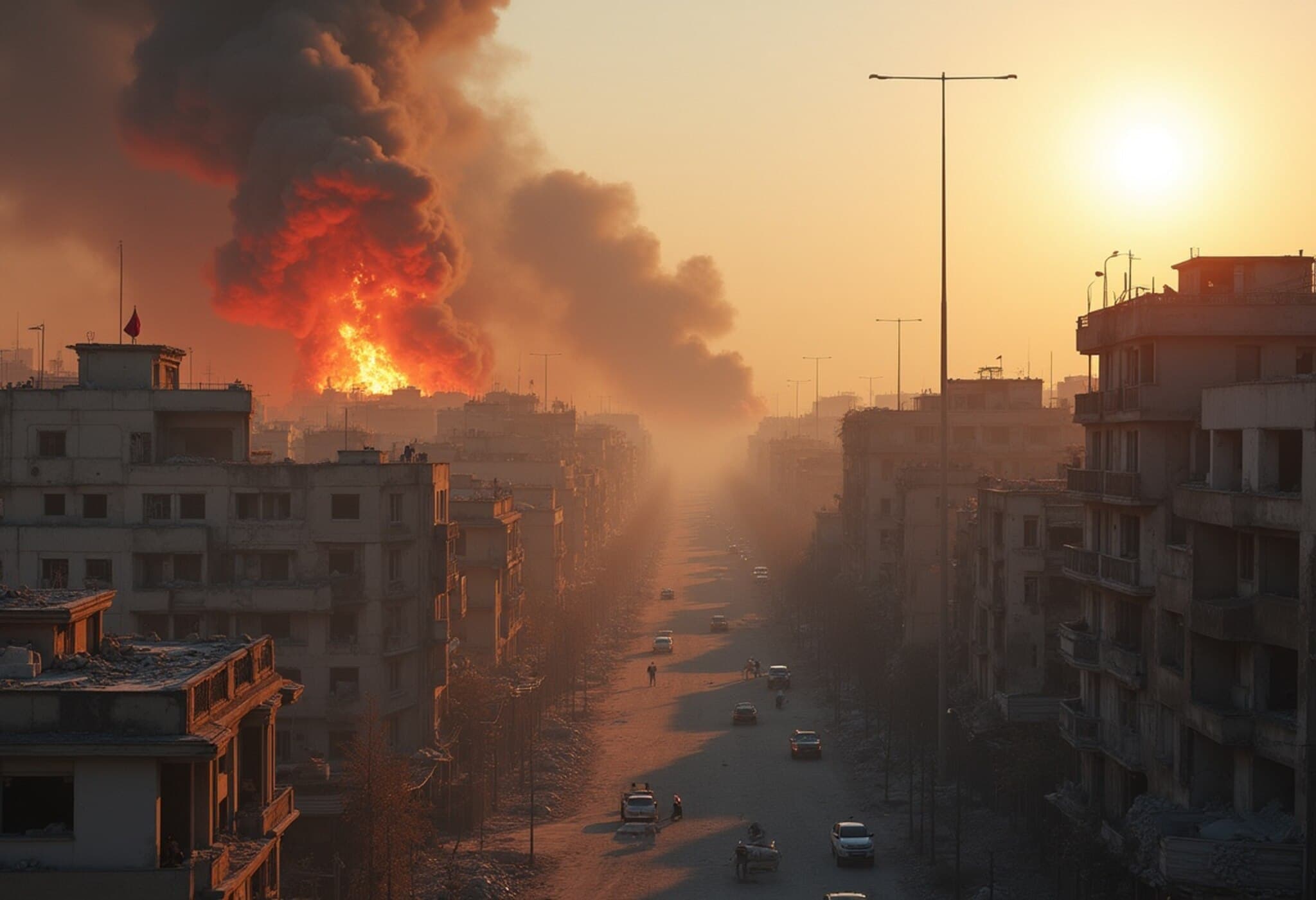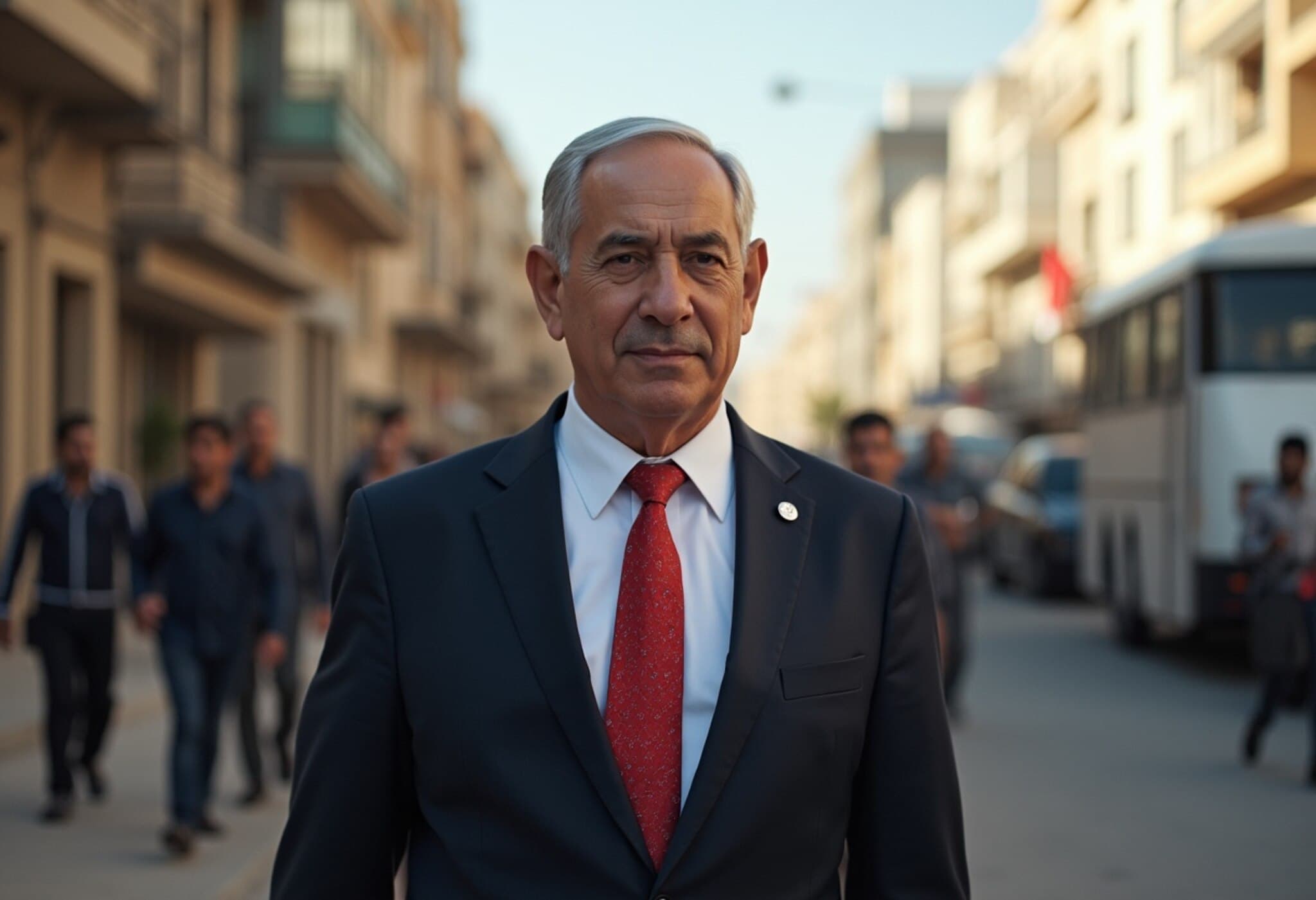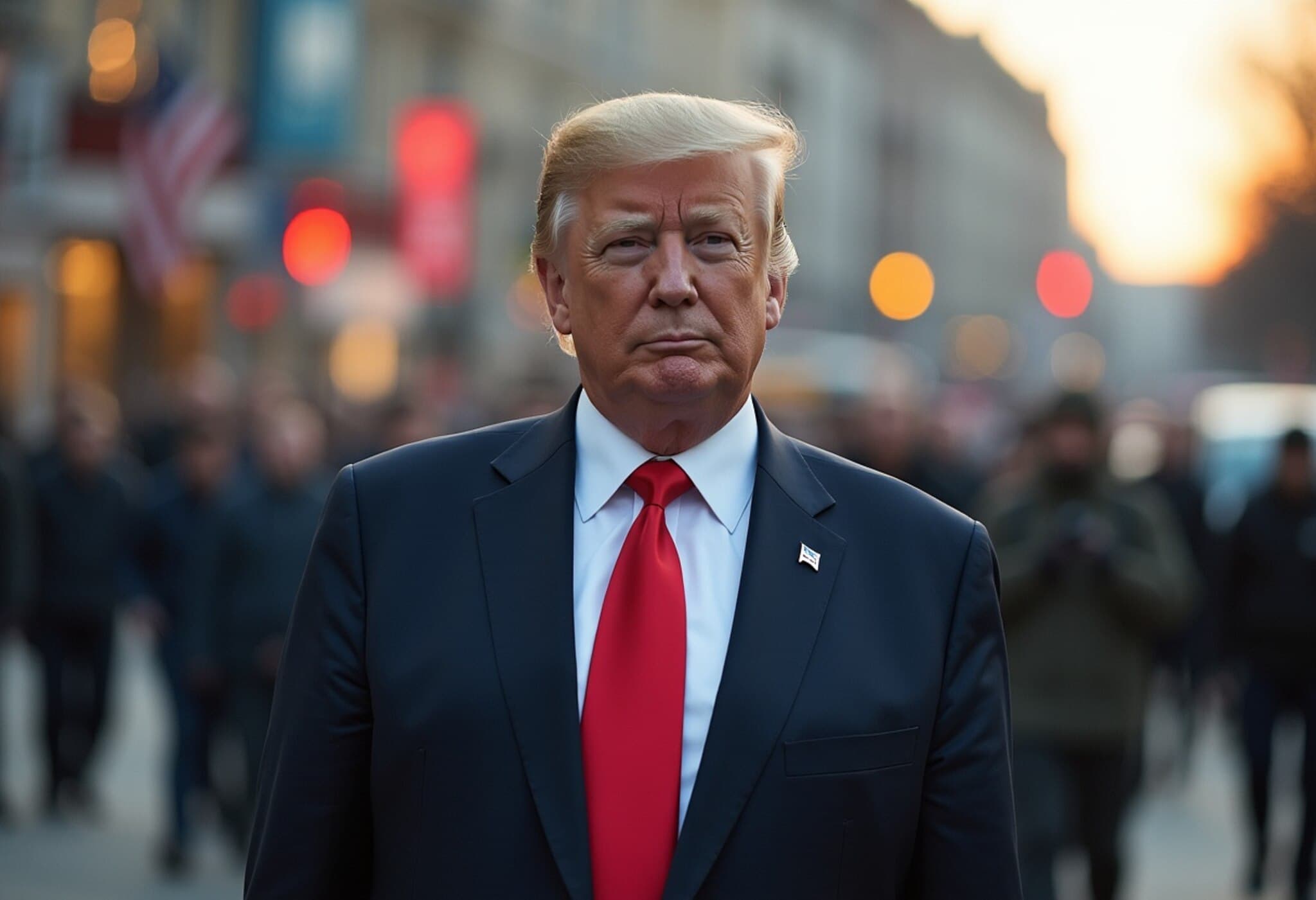Israel's Plan to Take Control of Gaza City: What You Need to Know
On August 8, 2025, Israel’s security cabinet formally approved a plan for the Israel Defense Forces (IDF) to prepare for a takeover of Gaza City, the largest urban center within the Gaza Strip. Prime Minister Benjamin Netanyahu framed this move as a decisive step aimed at dismantling Hamas’s control, securing the release of hostages, and ultimately establishing a new governance structure in the area, independent of Hamas or the Palestinian Authority.
What Does the Plan Entail?
Israel’s intention is to gain control over Gaza City for the first time during this prolonged conflict. Netanyahu emphasized the goal to "liberate the people of Gaza from the awful terror of Hamas" and transition authority to a civilian administration that does not support the destruction of Israel. The operation is scoped to focus exclusively on Gaza City initially, rather than the entire Gaza Strip.
Why Focus Solely on Gaza City?
While the prime minister had previously suggested the possibility of controlling the whole Gaza Strip, the current strategy appears to be the initial phase of a potentially broader campaign. Official Israeli statements claim control over roughly 75% of Gaza, whereas the United Nations estimates that about 86% of the territory is either classified as militarized or subject to evacuation orders. This targeted approach suggests a strategic attempt to secure the most populous urban area before considering further incursions.
Stated Objectives Behind the Takeover
- Safe return of all hostages — both alive and deceased.
- Demilitarization of the Gaza Strip to eliminate Hamas' military capabilities.
- Maintenance of Israeli security control in and around Gaza.
- Establishment of alternative civilian governance not affiliated with Hamas or the Palestinian Authority.
Timeline and Operational Details
Israel has not announced a specific timetable for the military action. Israeli media sources indicate a phased operation, with warnings to Gaza City residents to evacuate beforehand. Internal debates reportedly occurred, with Israel’s military leadership proposing a more limited approach, which was ultimately rejected in favor of a broader offensive against Hamas.
What Comes After Gaza City’s Takeover?
Netanyahu clarified that Israel has no intention of permanently governing Gaza. Instead, the plan is to hand over control to “Arab forces” while maintaining a security perimeter to protect Israeli interests. However, this statement raises significant questions, as neighboring countries like Jordan and Egypt have publicly dismissed any plans to enter Gaza owing to geopolitical sensitivities and domestic considerations.
Hamas’ Response and Hostage Crisis
In reaction, Hamas condemned the plan, accusing Netanyahu of undermining ceasefire discussions. They maintain that the release of remaining hostages hinges on a lasting ceasefire and Israeli withdrawal. This stalemate complicates diplomatic resolutions and prolongs humanitarian suffering.
Divisions Within Israel
The plan has been met with considerable internal discord. Hostage families have voiced fears that the operation could lead to a "colossal catastrophe," risking lives on all sides. Moreover, senior military officials reportedly opposed the strategy, arguing that Hamas no longer represents a significant military threat, highlighting complex competing perspectives within Israel’s leadership.
International Community's Reaction
The international response has been swift and mostly critical:
- United Nations: UN human rights chief Volker Türk warned that the plan risks triggering "massive forced displacement" and escalating violence.
- United Kingdom: Prime Minister Keir Starmer condemned the move as "wrong" and forewarned of increased bloodshed.
- Middle East Leaders: Saudi Arabia denounced the operation as "starvation crimes" and "ethnic cleansing." Egypt’s President Abdel Fattah El-Sisi and Jordan both rejected Palestinian displacement outright.
- China and European Union: Called for the plan to be halted and urged diplomatic solutions.
- United States: While expressing concern, Vice President JD Vance explicitly stated that the US has no plans to recognize a Palestinian state, illustrating enduring complexities in American policy.
Current Humanitarian Situation in Gaza City
Before hostilities erupted, Gaza City housed hundreds of thousands of Palestinians. Though many fled early in the war, some returned during a temporary ceasefire earlier this year. Thousands of displaced individuals from adjoining regions have also sought refuge in the city, exacerbating already strained resources.
The Gaza health ministry reports over 61,000 fatalities since the conflict began, with nearly half being children. Starvation and medical shortages have intensified, despite Israeli denials of famine conditions. International aid agencies continue to warn about a rapidly worsening humanitarian crisis.
Expert Insight: Navigating the Complex Web of Military Strategy and Humanitarian Concerns
This latest development underscores the difficult balancing act between military objectives and humanitarian imperatives. Israeli strategy prioritizes eliminating Hamas's influence, yet such gains risk intensifying civilian suffering and displacement, which international law strictly guards against. Equally, the ambiguity surrounding future governance of Gaza raises critical questions about long-term stability and regional diplomacy.
For the United States and its allies, backing Israel’s security efforts while advocating for humanitarian protections remains a delicate diplomatic tightrope. Furthermore, neighboring Arab states’ refusal to participate militarily highlights expanding regional fault lines and sovereignty concerns.
Editor’s Note
Israel’s decision to prepare for a Gaza City takeover marks a pivotal and controversial phase in an entrenched conflict. While the immediate goal is to disarm Hamas and recover hostages, the wider implications—human displacement, governance voids, and regional security—are profound and unresolved. As the situation evolves, it is crucial for policymakers, media, and global audiences to critically examine both the strategic justifications and the humanitarian costs embedded in this complex and deeply human story.

